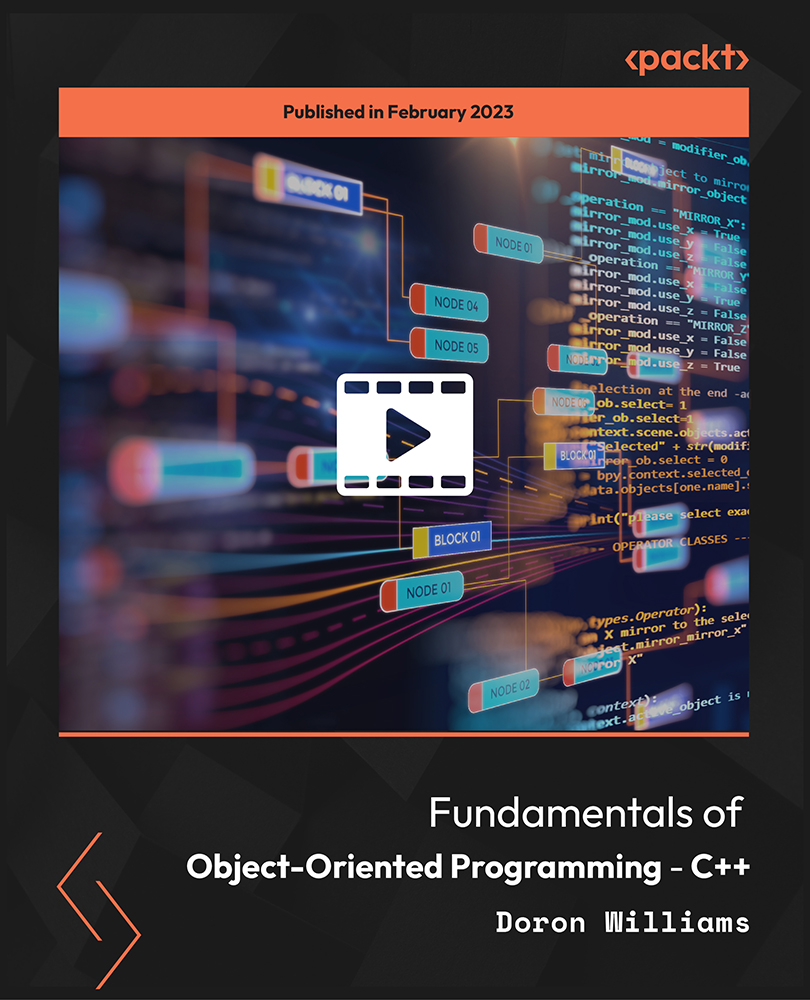At the second ChaosConf in San Francisco, Gremlin CEO Kolton Andrus revealed the company's latest step in its war against downtime: 'Scenarios.'
Scenarios makes it easy for engineering teams to simulate a common issues that lead to downtime. It's a natural and necessary progression for Gremlin that is seeing even the most forward thinking teams struggling to figure out how to implement chaos engineering in a way that's meaningful to their specific use case.
"Since we released Gremlin Free back in February thousands of customers have signed up to get started with chaos engineering," said Andrus. "But many organisations are still struggling to decide which experiments to run in order to avoid downtime and outages."
Scenarios, then, is a useful way into chaos engineering for teams that are reticent about taking their first steps. As Andrus notes, it makes it possible to inject failure "with a couple of clicks."
What failure scenarios does Scenarios let engineering teams simulate?
Scenarios lets Gremlin users simulate common issues that can cause outages. These include:
Unlock access to the largest independent learning library in Tech for FREE!
Get unlimited access to 7500+ expert-authored eBooks and video courses covering every tech area you can think of.
Renews at €18.99/month. Cancel anytime
This provides a great starting point for anyone that wants to stress test their software. Indeed, it's inevitable that these issues will arise at some point so taking advance steps to understand what the consequences could be will minimise their impact - and their likelihood.
Why chaos engineering?
Over the last couple of years plenty of people have been attempting to answer why chaos engineering?
But in truth the reasons are clear: software - indeed, the internet as we know it - is becoming increasingly complex, a mesh of interdependent services and platforms. At the same time, the software being developed today is more critical than ever. For eCommerce sites downtime means money, but for those in IoT and embedded systems world (like self-driving cars, for example), it's sometimes a matter of life and death. This makes Gremlin's Scenarios an incredibly exciting an important prospect - it should end the speculation and debate about whether we should be doing chaos engineering, and instead help the world to simply start doing it.
At ChaosConf Andrus said that Gremlin's mission is to build a more reliable internet. We should all hope they can deliver.
 United States
United States
 Great Britain
Great Britain
 India
India
 Germany
Germany
 France
France
 Canada
Canada
 Russia
Russia
 Spain
Spain
 Brazil
Brazil
 Australia
Australia
 Singapore
Singapore
 Canary Islands
Canary Islands
 Hungary
Hungary
 Ukraine
Ukraine
 Luxembourg
Luxembourg
 Estonia
Estonia
 Lithuania
Lithuania
 South Korea
South Korea
 Turkey
Turkey
 Switzerland
Switzerland
 Colombia
Colombia
 Taiwan
Taiwan
 Chile
Chile
 Norway
Norway
 Ecuador
Ecuador
 Indonesia
Indonesia
 New Zealand
New Zealand
 Cyprus
Cyprus
 Denmark
Denmark
 Finland
Finland
 Poland
Poland
 Malta
Malta
 Czechia
Czechia
 Austria
Austria
 Sweden
Sweden
 Italy
Italy
 Egypt
Egypt
 Belgium
Belgium
 Portugal
Portugal
 Slovenia
Slovenia
 Ireland
Ireland
 Romania
Romania
 Greece
Greece
 Argentina
Argentina
 Netherlands
Netherlands
 Bulgaria
Bulgaria
 Latvia
Latvia
 South Africa
South Africa
 Malaysia
Malaysia
 Japan
Japan
 Slovakia
Slovakia
 Philippines
Philippines
 Mexico
Mexico
 Thailand
Thailand














